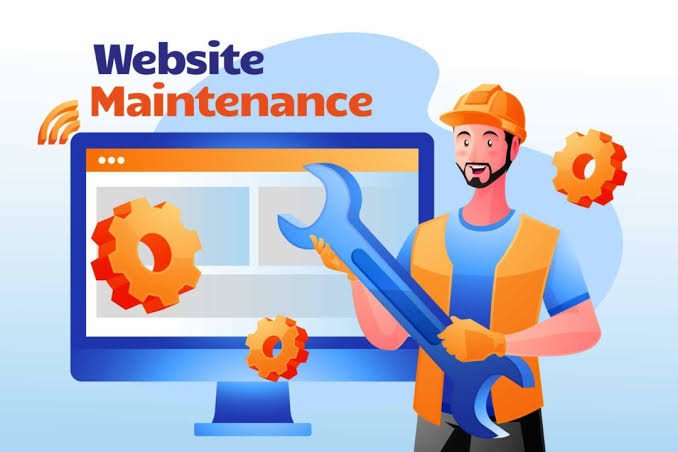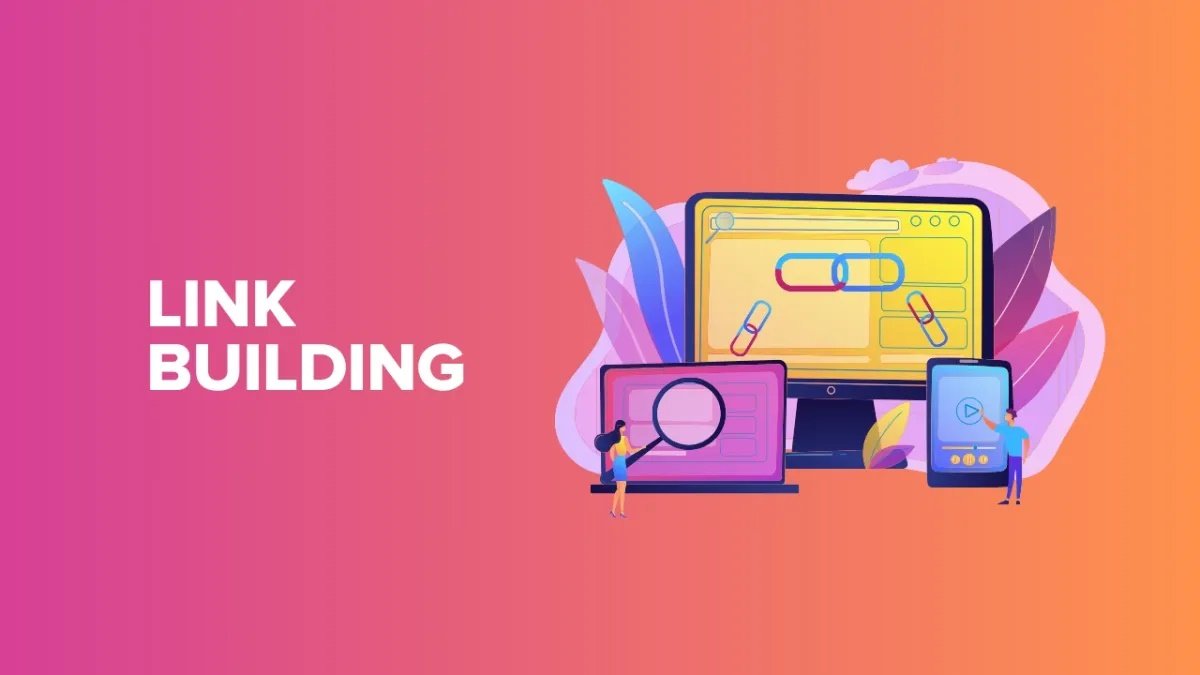Ensuring the longevity and effectiveness of a website requires more than just an initial setup and design. Proper website maintenance is crucial for sustaining online success, improving user experience, and ensuring your site stays secure and functional. While some website owners choose to handle this responsibility themselves, partnering with a professional website design and maintenance agency can make a significant difference in achieving optimal results. Here’s a comprehensive guide to website maintenance and the critical role agencies play in it.
Why Website Maintenance is Essential
- Improved Security
The internet is rife with cyber threats, and outdated software is a common entry point for hackers. Regular updates to plugins, themes, and the core software reduce vulnerabilities and help safeguard sensitive data. - Enhanced User Experience
A well-maintained website ensures quick load times, mobile responsiveness, and easy navigation. Websites that are slow or difficult to use can deter visitors, leading to lost opportunities and reduced engagement. - SEO Performance
Search engines favor websites that are fast, secure, and free of broken links. Regular maintenance helps identify and fix technical issues, ensuring your site stays competitive in search engine rankings. - Cost Savings in the Long Run
Addressing issues as they arise is far more cost-effective than overhauling a severely outdated or compromised website. Maintenance prevents major problems from snowballing into expensive repairs.
The Role of a Website Design and Maintenance Agency
- Expertise and Efficiency
Website design and maintenance agencies bring years of experience and technical knowledge to the table. They understand the complexities of modern websites, including CMS platforms, custom integrations, and security protocols, ensuring your website is maintained at a professional standard. - Proactive Problem-Solving
Agencies monitor websites proactively, identifying potential issues before they escalate. They run regular security checks, performance tests, and software updates to ensure your site operates smoothly. - Time-Saving for Business Owners
Managing a website requires a significant investment of time and effort. Agencies free up your time so you can focus on your core business activities while knowing your website is in capable hands. - Access to Advanced Tools
Professional agencies have access to premium tools for analytics, performance monitoring, malware scanning, and SEO optimization, which may not be affordable for individual website owners. - Comprehensive Services
Many agencies offer all-in-one packages, including website design, hosting, security, and regular maintenance. This holistic approach ensures all aspects of your website are handled seamlessly. - Customized Strategies
Agencies tailor maintenance plans to align with your specific business needs. Whether you require monthly updates, content management, or enhanced security measures, they provide solutions designed for your goals.
Key Components of Website Maintenance
- Software and Plugin Updates
Regularly updating your CMS, plugins, and themes ensures compatibility and reduces the risk of cyberattacks. - Backups
Establishing a routine for full-site backups is critical. These backups should be stored securely, allowing for a quick recovery in the event of data loss. - Content Updates
Outdated content can harm your credibility. Regularly review and refresh your site’s content to keep it relevant and aligned with your audience’s needs. - Performance Monitoring
Tools like Google PageSpeed Insights or GTmetrix can help identify and resolve speed issues, ensuring a seamless user experience. - Security Checks
Conduct regular scans for malware and vulnerabilities. Implement SSL certificates and robust password protocols to enhance security. - Broken Link Fixes
Broken links frustrate users and harm your SEO. Use tools like Screaming Frog or online link checkers to identify and resolve them promptly. - Analytics Review
Regularly monitor your site’s analytics to understand user behavior and identify areas for improvement. Adjust your strategies accordingly.
How Often Should You Perform Website Maintenance?
- Weekly: Check for broken links, approve updates, and back up your site.
- Monthly: Review analytics, perform performance tests, and update content as needed.
- Quarterly: Test your website’s usability, ensure all forms and features are functional, and review your SEO strategy.
- Annually: Audit your site entirely, including design elements, branding, and compliance with legal and regulatory requirements.
The Consequences of Neglecting Website Maintenance
Failing to maintain your website can lead to a host of issues, including:
- Increased risk of cyberattacks.
- Poor search engine rankings.
- Frustrated users abandoning your site.
- Higher costs for emergency fixes or redesigns.
- Loss of credibility and trust with your audience.
Conclusion
Website maintenance is not a one-time task—it’s an ongoing commitment that pays off in the long term. While some businesses choose to handle this in-house, partnering with a professional website design and maintenance agency provides unmatched expertise, efficiency, and peace of mind. By leveraging their tools and knowledge, you’ll protect your website, boost SEO performance, and provide users with an excellent experience.
Investing in regular maintenance is an investment in your website’s success. Whether done independently or with the help of an agency, the benefits of a well-maintained website are undeniable.
Stay in touch to get more updates & news on dondodson.com!











